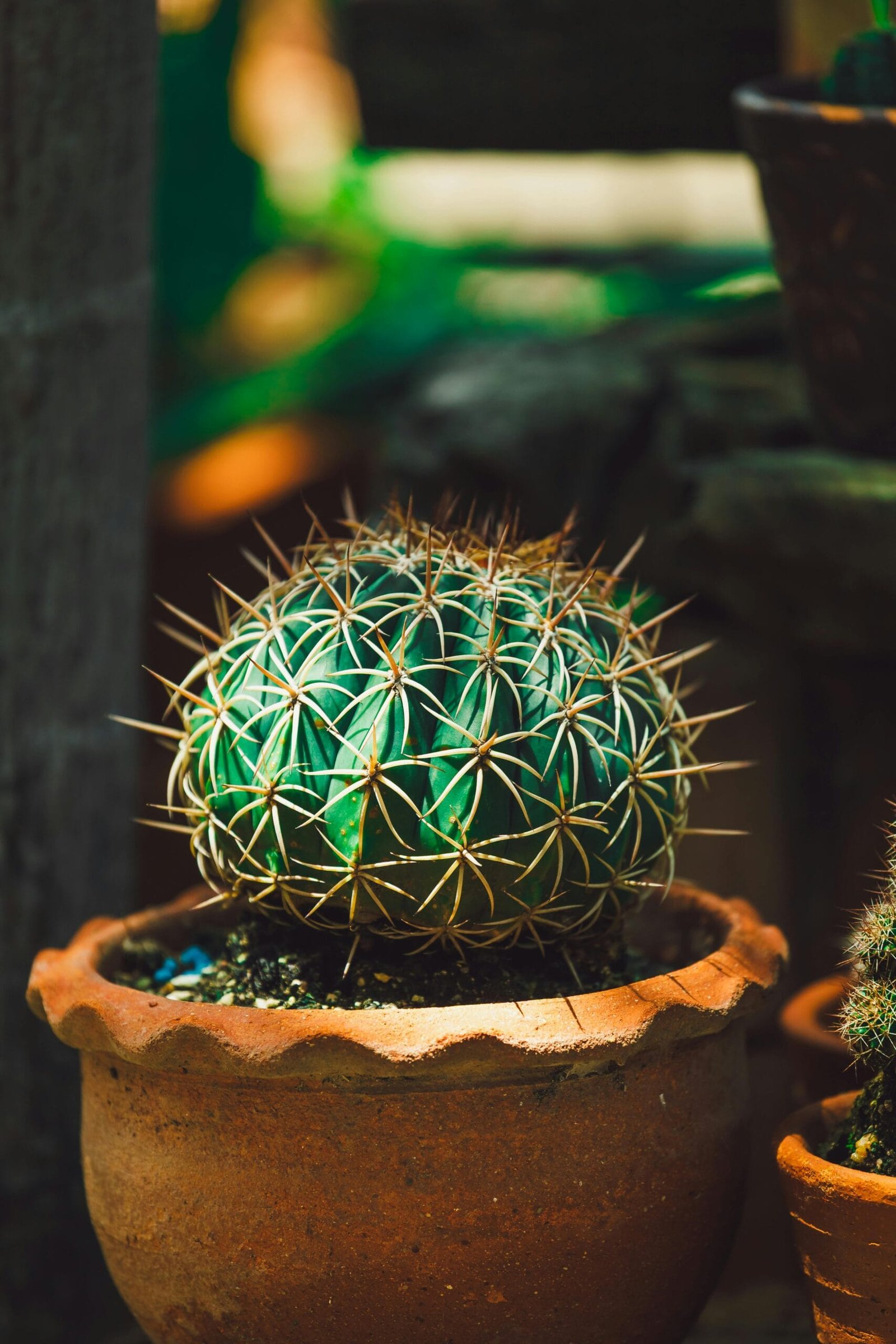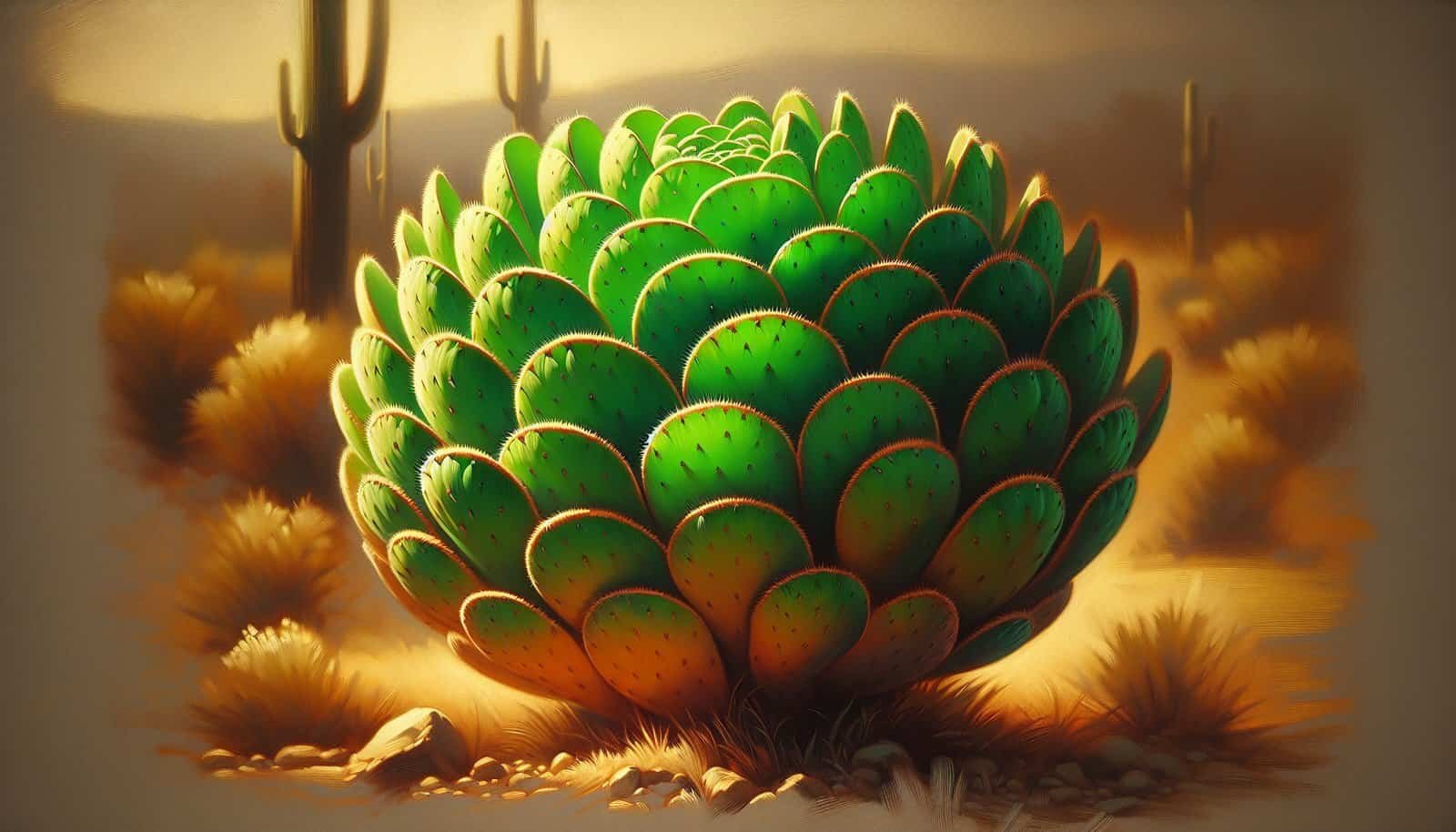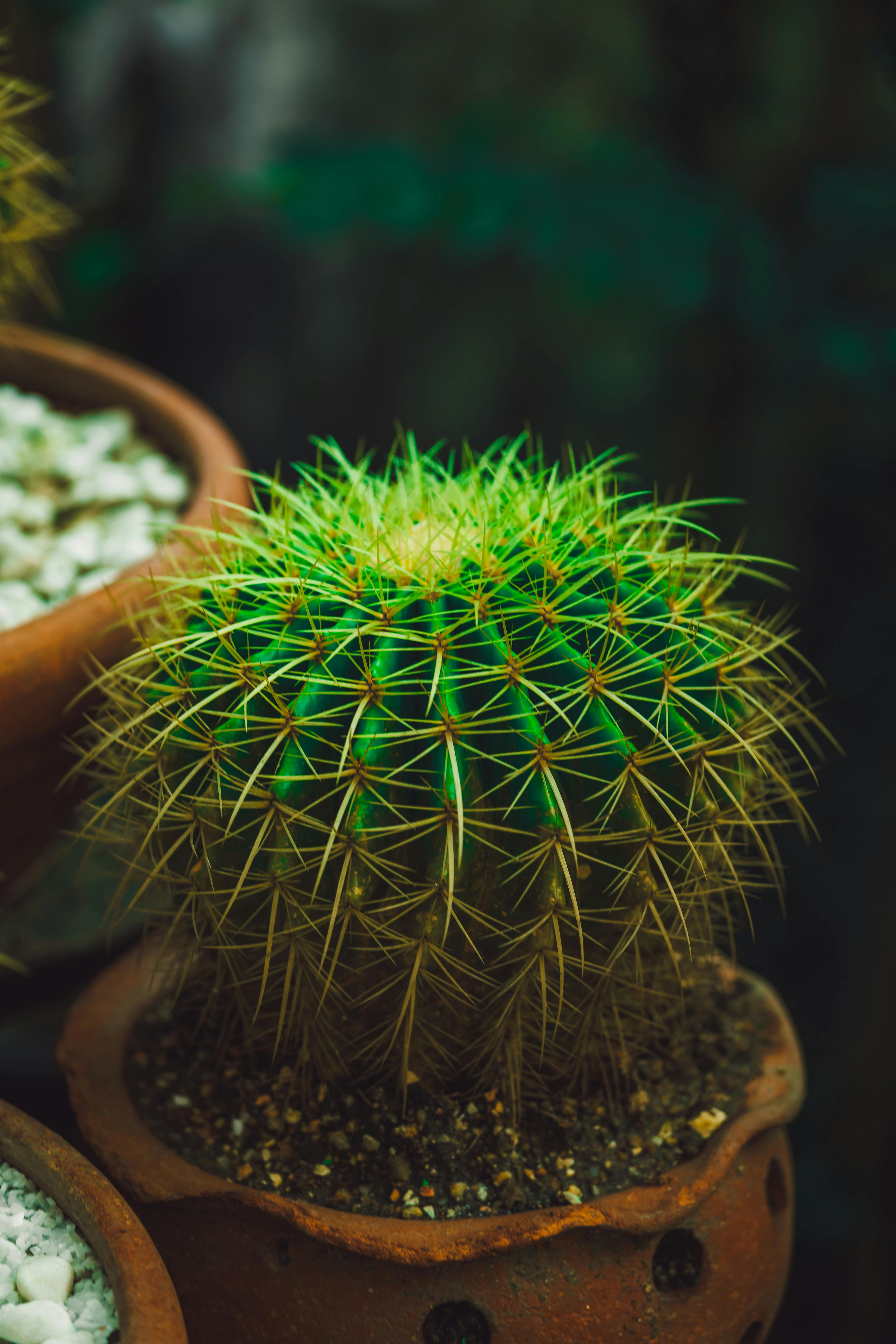Have you ever considered how something as simple as a cactus could play a role in managing blood sugar levels? In recent years, there has been growing interest in natural remedies and dietary supplements that help maintain health, specifically blood sugar levels. Among these, the nopal cactus, also known as prickly pear cactus, has garnered attention for its potential benefits.

What is Nopal Cactus?
The nopal cactus is a common sight in many parts of the world, notably in Mexico and the southwestern United States. Known scientifically as Opuntia, it’s a staple in Mexican cuisine and traditional medicine. The plant features thick, flat, and oval-shaped pads, often referred to as “nopales.” The fruit produced by this cactus is known as prickly pear.
The nopal cactus is not just valued for its culinary uses. It has gained popularity for its perceived health benefits, thanks to its rich nutrient profile. These pads are packed with vitamin C, magnesium, calcium, and dietary fiber, making them a powerhouse of nutrients. But what makes them so interesting for people with diabetes or those looking to control blood sugar levels?
Components that Influence Blood Sugar
Fiber Content
One of the primary reasons people think about nopal cactus for managing blood sugar is its high fiber content. Diet rich in fiber is often recommended for maintaining healthy blood sugar levels, and nopal is a great source. Fiber slows down the digestion and absorption of carbohydrates, which in turn can lead to more stable blood sugar levels.
Antioxidants
Nopal cactus also contains various antioxidants, including polyphenols and flavonoids. These compounds are known to combat oxidative stress and inflammation, which can be beneficial in managing diabetes complications and maintaining overall health.
Pectin
Another important component in nopal cactus is pectin, a type of soluble fiber. Soluble fibers, like pectin, can form gels in the digestive tract, which help lower cholesterol and slow glucose absorption, contributing to more stable blood sugar levels.
How Nopal Cactus Can Help with Blood Sugar Spikes
Mechanism of Action
The way nopal cactus works in managing blood sugar is thought to involve several mechanisms. It impacts the rate at which sugar is absorbed into the bloodstream after a meal. The presence of fiber, such as pectin, forms a viscous layer in the intestines, reducing glucose absorption.
Supporting Insulin Sensitivity
Some research suggests that nopal cactus might improve insulin sensitivity, allowing the body’s cells to use glucose more effectively. Enhanced insulin sensitivity translates to better blood sugar control.
Satiety and Cravings
The fiber in nopal cactus not only helps with sugar absorption but also may increase feelings of fullness. By contributing to a feeling of satiety, nopal may help in reducing cravings for sugary snacks, indirectly aiding blood sugar management.
Scientific Research and Studies
Clinical Studies
Numerous studies have been conducted to evaluate the efficacy of nopal cactus in managing blood sugar levels. A study published in the Journal of Ethnopharmacology found that consuming nopal cactus led to a significant decrease in blood sugar levels in participants with type 2 diabetes. These findings suggest that including nopal in your diet could be beneficial for managing blood glucose spikes.
Animal Research
In animal studies, similar results have been observed where nopal cactus extracts have helped lower blood sugar levels. These studies further support the hypothesis that nopal has bioactive compounds beneficial for blood sugar regulation.
Potential and Limitations
While these findings are promising, it’s essential to consider the limitations. More clinical research in human populations is needed to draw firm conclusions. Individual responses to nopal cactus consumption can vary, and what works for one person may not be as effective for another.

Incorporating Nopal Cactus into Your Diet
Culinary Uses
Incorporating nopal cactus into your diet can be both a delicious and healthy choice. Nopales can be eaten raw or cooked and are often added to salads, soups, and stews. They have a slightly tart taste and a crunchy texture, similar to green beans or okra.
Supplements
Nopal is also available in supplement form, typically found as capsules, powders, or juices. These supplements offer a convenient way to reap the health benefits of nopal without needing to prepare fresh pads.
Quantity and Frequency
When it comes to quantity, moderation is key. Start with small amounts and observe how your body responds. Regular consumption as part of a balanced diet could contribute to better blood sugar control.
Potential Side Effects and Considerations
Digestive Issues
While nopal cactus is generally safe for most people, some may experience digestive issues like bloating and diarrhea. This is often due to its high fiber content, which can be challenging for some digestive systems.
Medication Interactions
If you’re already on medication for diabetes, it’s crucial to consult with a healthcare professional before significantly increasing nopal intake. There could be interactions that might lead to hypoglycemia, a condition where blood sugar drops too low.
Allergic Reactions
Nopal cactus, like any food, can cause allergic reactions in some people, although this is quite rare. Symptoms may include itching, swelling, or difficulty breathing. If you suspect an allergy, discontinue use and consult a medical professional.

How Does Nopal Compare with Other Natural Remedies?
Aloe Vera
Similar to nopal, aloe vera has been studied for its potential blood sugar-lowering effects. Both plants offer high antioxidant content and dietary fiber, making them worthy considerations for natural blood sugar management.
| Comparison Aspect | Nopal Cactus | Aloe Vera |
|---|---|---|
| Main Use | Blood sugar control | Skin, digestion |
| Dietary Fiber | High | Moderate |
| Antioxidants | High | High |
| Culinary Uses | Yes | Limited |
Cinnamon
Cinnamon is another popular natural remedy claimed to help with blood sugar control. Though there’s mixed evidence, cinnamon contains compounds that may influence insulin activity and glucose absorption.
| Aspect | Nopal Cactus | Cinnamon |
|---|---|---|
| Use in Cooking | Common in dishes | Spice, baking |
| Blood Sugar Impact | May lower spikes | May stabilize levels |
| Research | Several studies | Mixed findings |
Is Nopal Cactus Right for You?
Who Can Benefit
Anyone looking to maintain healthy blood sugar levels could consider incorporating nopal cactus into their diet. It’s particularly beneficial for those seeking natural methods to complement traditional diabetes treatments.
Consultation with Health Professionals
Before making significant changes to your diet or supplement routine, it’s wise to consult with a healthcare professional. This is especially important if you have underlying health conditions or are on medication.
Lifestyle Factors
Remember, while nopal cactus can be a helpful tool, it’s not a magic cure-all. Maintaining a healthy lifestyle, which includes a balanced diet and regular physical activity, is crucial for optimal blood sugar control.

Conclusion
The nopal cactus offers a variety of potential benefits for those seeking to manage blood sugar spikes. Its rich nutrient profile and high fiber content make it an intriguing option for natural blood sugar regulation. While promising, the choice to include nopal cactus should be considered carefully, balancing scientific evidence with personal health needs. If you’re curious about how nopal could fit into your diabetes management plan, discussing with a healthcare provider is a great first step towards finding the right balance for you.

